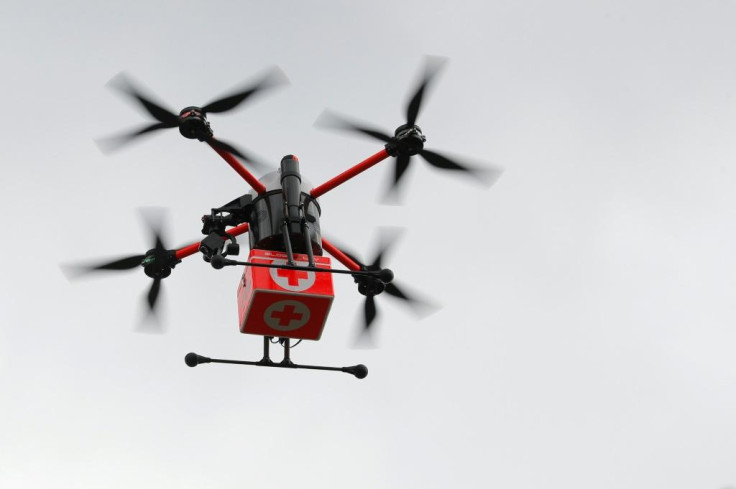Drones help North Carolina hospital with logistics for medical supplies amid virus
Huntersville Medical Center and 14 others are all operated by Novant Health and testing this innovative delivery method amid this COVID-19 pandemic.
Earlier this month, a town called Holly Springs in North Carolina began testing a drone delivery project. As the COVID-19 pandemic forces people to maintain social distancing or isolate at home, local officials were open to other methods to streamline the process. Even though some essential retailers do offer curbside pickups, most prefer to avoid any form of contact whatsoever. It appears the outcome seems favourable as the state sees another initiative that uses drones.
CNN reports that these machines are ferrying packages bound for Huntersville Medical Center. However, unlike the drones used in Holly Springs, which were reportedly quadcopter models, these resemble remote-control hobby planes albeit with a cargo receptacle on the underside. Moreover, these are not exactly toys as the wingspan measures around 11 feet and can cruise up to 63 miles per hour.
Similar to how airmail was done in the past, the drone drops the load once it is close to the target location. A parachute then deploys to allow it to float safely to the ground, while the drone circles back to the distribution centre wherein it will be prepared for another mission, which is roughly around 10 in a day.
True to our First in Flight NC roots: we’re excited to announce the launch of our historic approval to operate @zipline drones for our #COVID19 response. https://t.co/ghH7YP4HKb pic.twitter.com/HnPRD0i7aK
— Novant Health (@NovantHealth) May 27, 2020
The aforementioned hospital and 14 others are all operated by Novant Health, which is apparently testing this innovative delivery method amid this COVID-19 pandemic. Its chief digital and technology officer Angela Yochem offers an explanation as to why its opting to ship its supplies via drones instead of through their fleet of ground transportation.
She explained that "we need to be prepared to break down barriers associated with access to supplies, access to care." Yochem also added, "If realtime delivery, on-demand delivery of critical supplies is necessary to save lives, we want to do that." Ever since the coronavirus outbreak started, logistics have become another challenge for businesses and healthcare providers.

In order to have the clearance to operate its deliveries, Novant Health confirms that it had already secured a temporary waiver from the Federal Aviation Administration (FAA). The company is working closely with Zipline, which provides all the equipment and personnel to handle the operation. Analysts believe that drone usage will eventually become a normal routine once the government finalises its regulations.
© Copyright IBTimes 2025. All rights reserved.





















